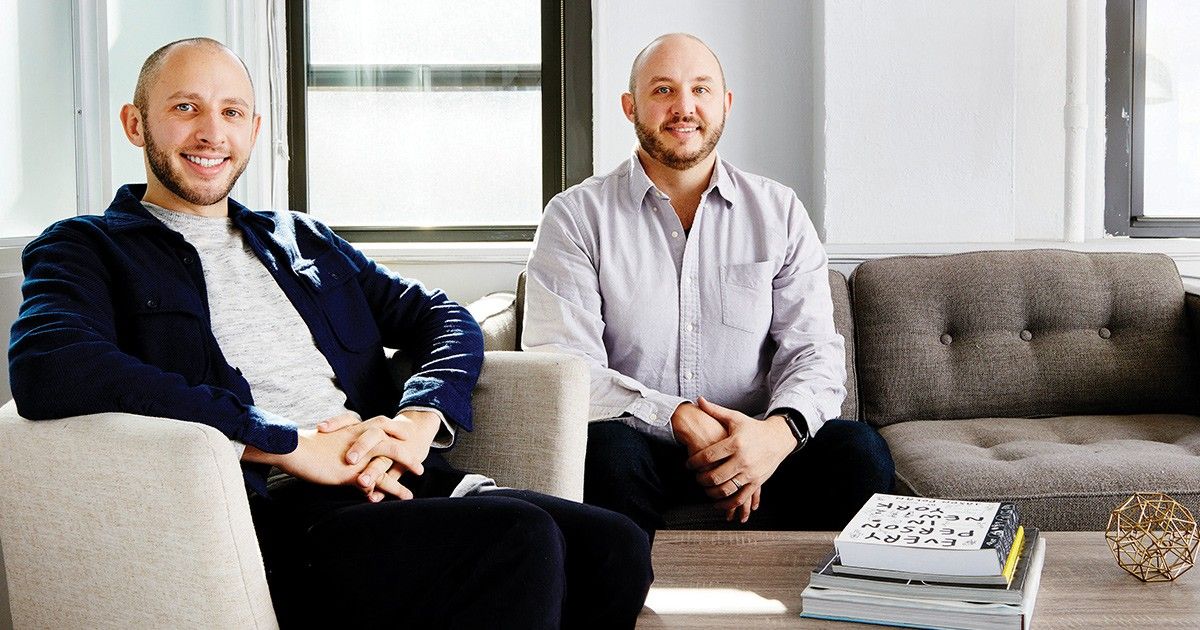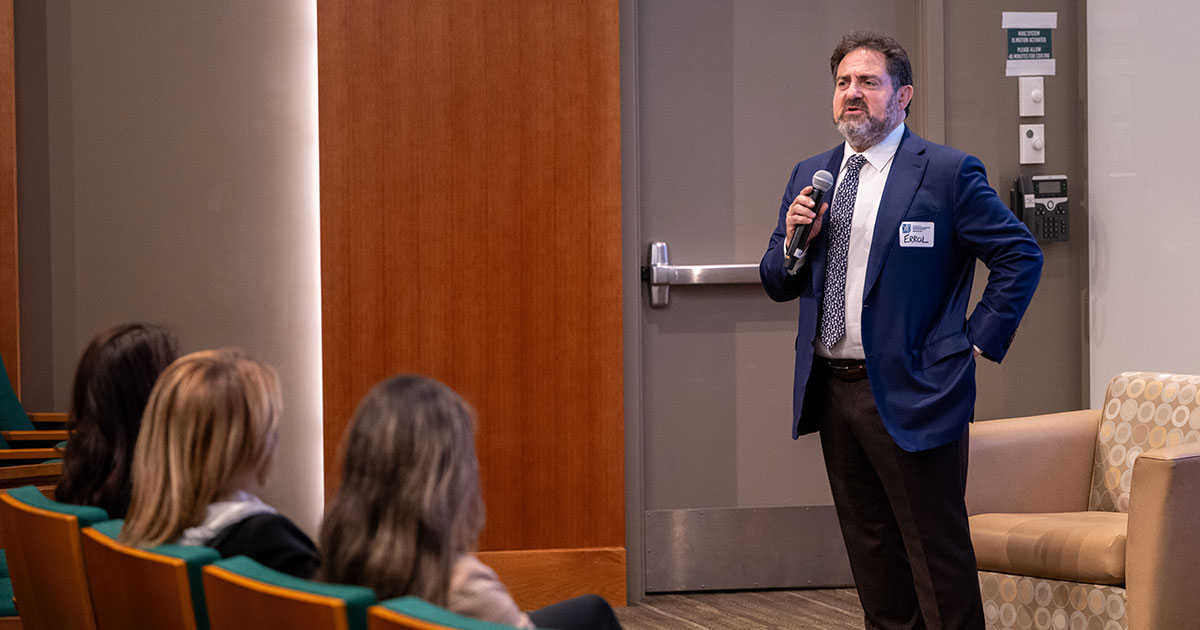Entrepreneurship Finds Roots in Families, Reveals GEM Report

David Heath ’05 was shocked to learn that the most needed clothing item at homeless shelters was something incredibly basic—socks. Inspired, he set out to find a solution.
In 2013, Heath launched Bombas, a comfort-focused, sock and apparel brand with a social mission to help those in need: one purchased, one donated based on the popular buy-one, donate-one business model. To build the company, he called upon a trusted partner: his brother, Andrew Heath MBA’12, who joined as CFO and COO at the time.
Worldwide, 75% of entrepreneurs and 81% of established business owners are entrepreneurs, co-owning or managing their businesses with family members, according to the latest Global Entrepreneurship Monitor (GEM) Family Entrepreneurship Report, co-sponsored by Babson College.
The report also reveals traditional views of the founder as a lone genius may not be the case. Family members, whether parents and their children, siblings, cousins, or spouses, are finding strength and success building companies together.
For Bombas, the strength of a sibling founding team (plus two other co-founders, Randy Goldberg and Aaron Wolk) transformed the idea into a $170 million business (2019 revenue) with tremendous social impact. To date, the company has donated more than 40 million pairs of socks to 3,500 homeless shelters and community organizations across all 50 states. They even pitched their product on “Shark Tank.”
Entrepreneurship Is Family Entrepreneurship
The GEM Family Entrepreneurship Report reveals that in most countries around the world, families are involved in the majority of business startup and mature business activities. Aside from Bombas, highly visible companies such as Walmart, Samsung, Anheuser-Busch, Tata Motors, and Banco Santander show that established businesses are often family businesses.
“Family business scholars and practitioners have long argued that discussions of entrepreneurship should include family entrepreneurship,” said Babson Professor Matt Allen, co-author of the report. “This report shows us that discussions of entrepreneurship are, in fact, discussions of family entrepreneurship.”
The 2019–2020 report is the first in GEM’s 20-year history to specifically look at family entrepreneurship.
Shared Values for Startup Success
When developing entrepreneurial families, GEM researchers recommend considering the expertise, skills, ambitions, and effort of the family as a whole, rather than focusing on one specific individual. Take the Heath brothers: when building Bombas, different but complementary skill sets were, and are, integral to the Heaths’ successful dynamic, said Andrew Heath.
“When Dave came up with the idea for Bombas, he knew it was clear that my experience and operational expertise would help build the business from the ground up and bring a different, valuable perspective that balanced what he brought to the company,” he said.
The advantages of family entrepreneurship are numerous. “Historically, startup investors have viewed a family connection as a negative, but we are learning that, in fact, there are many positives to families founding businesses together,” said Debi Kleiman, executive director of the Blank Center for Entrepreneurship at Babson College. “Their trust in each other, shared values, and commitment to sustainability are all keys to success.”
The Heath brothers’ experience hinges on different skills but also on the power of their personal relationship and shared core values. David Heath explained, “We were so different growing up, and continue to be today, which has helped us work really well together, while maintaining a trusting relationship.”
Entrepreneurship Together
Since entrepreneurship is so often powered by families, researchers recommend that resources and support can and should be expanded to include the families of current and future entrepreneurs.
Ahead of the curve, Babson College, now with The Arthur M. Blank School for Entrepreneurial Leadership at Babson, has long provided support to entrepreneurial leaders of all kinds, including those from family businesses. Much of that support stems from the College’s centers and institutes.
“Our strategic approach is to support the families of the entrepreneurs that we work with, to bring them into the conversation, and to help them develop knowledge and skills,” said Lauri Union, executive director of the Babson’s Institute for Family Entrepreneurship. A signature IFE program developed by Professor Allen, the Family Entrepreneurship Amplifier, engages the entire family early in a student’s Babson career.
“When we help families strengthen their relationships and how they function,” Union said, “we effectively prepare them to act entrepreneurially together.”



